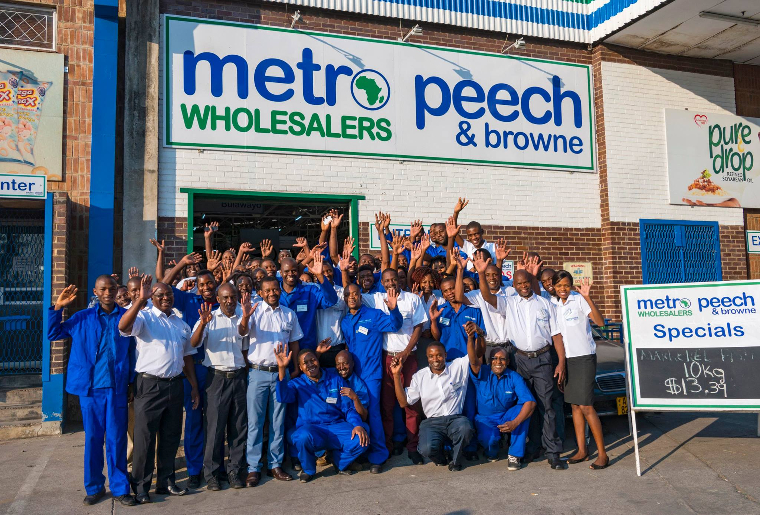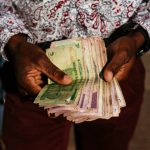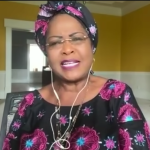The company was unable to deal with all these issues because there was a “lack of adequate governance structures and systems around financial discipline, (with no) timeous production of accurate financial reports and timeous payment of liabilities”.
The company’s biggest assets were property worth US$2.2 million and office equipment of US$2.4 million. When it went into rescue, Metro Peech had just Z$1 024 613 601 and US$105 601 in the bank. It had another US$193 833 in cash.
The report says the signs of distress came when Metro Peech failed to pay workers on time. The company was paying 50% below NEC rates.
The exchange rate hurt Metro Peech, as the gap between the black market and the official interbank rate exchange rates affected stock valuations. A conversion of Zimdollar loans to USD led to the “ballooning of the debt and interest payments”. Rent payments were late and the company had to ask landlords for rent holidays.
There is no shortage of investors waiting to take over the company, Crowe reports.
“As at the publication of this report, ten prospective investors have formally and informally expressed their interest,” the report says. “Most of the branches of the company are located on good strategic sites. This includes those locations which are under construction. All the small poorly located and invisible branches have been closed.”
The administrator is reviewing the business model and cutting costs to bring the company to a break-even point. The company is talking to suppliers to help Metro Peech recover its stocking levels. Salaries have been cut by half, which the administrator says will result in skills flight. The company has 497 workers; 392 NEC staff and 105 managers.
A new investor could mean Spear Capital selling some of its shareholding. It was the fund’s first investment in 2013. In 2020, Spear Capital managing partner Martin Soderberg, who sits on the Metro Peech board, spoke on the investment.
“Metro was our very first investment from our first fund in 2013. At the time, Zimbabwe was a US dollar-based economy and things were going very well. Metro had revenues of about US$70 million and it has grown significantly every year since then. Since then, everything has been a bit murky. In 2018, for example, all companies still reported in US dollars but were trading in local currency. It has made it very difficult to work out how well the business was performing.”- NewZWire
(779 VIEWS)


